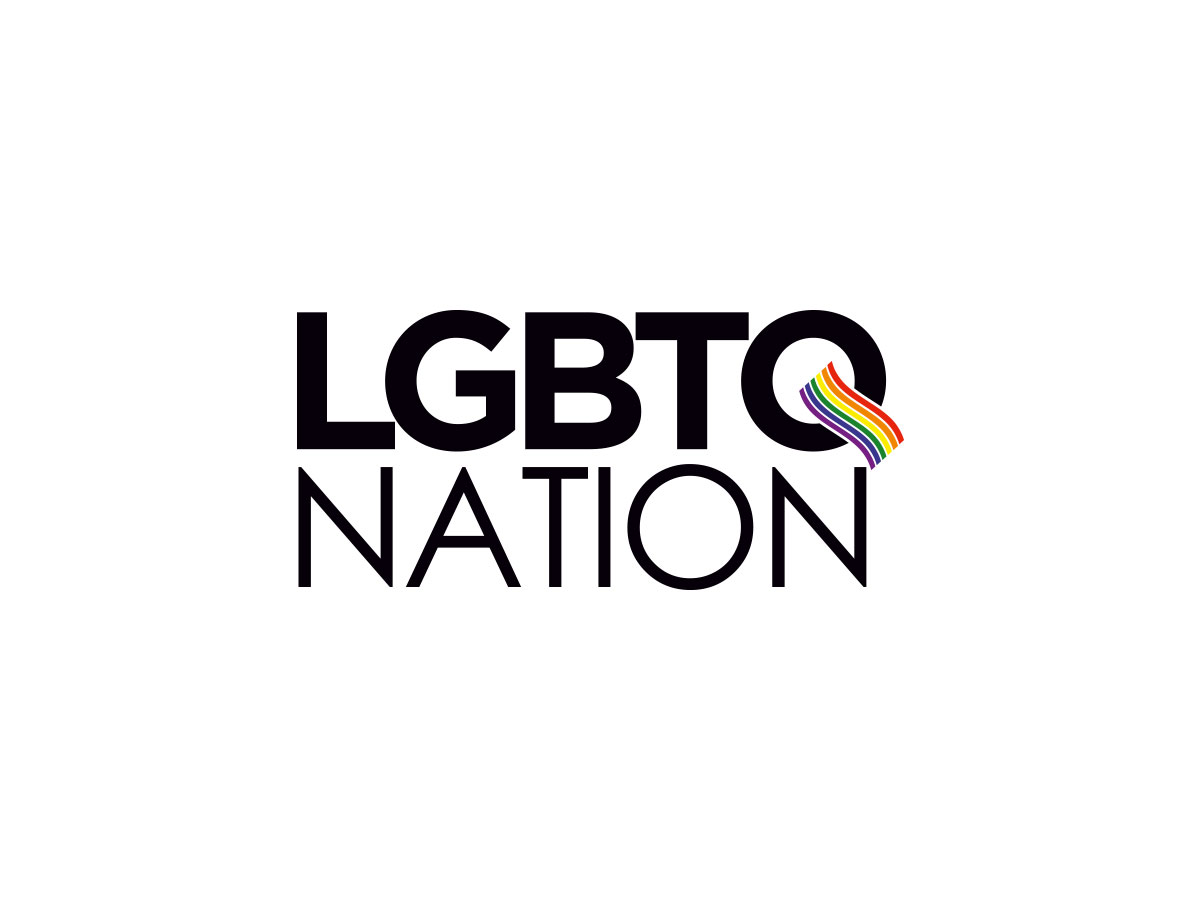
The Obama Administration has made it a mission to create an “AIDS free generation,” and to help reach that goal a new plan of attack against the virus and the virus that leads to it has been released to the public.
“Its now been more than three decades since the first cases of HIV/AIDS were diagnosed,” said the president in a pre-recorded speech before a crowd at Atlanta’s Morehouse School of Medicine, and to an audience online around the world. “For many Americans the early days were marked by fear and stigma, how little we knew of the disease and by only fighting to be seen and heard, and to be treated with basic compassion. Times have changed.”
You can read the official HIV/AIDS Strategy Through 20/20 here.
Obama said his administration was the first to create such a plan against the once-lethal, but now manageable disease. The 2020 strategy calls for widespread testing, guaranteed access to regular doctor appointments, and makes sure every American can get access to life extending care.
“We’ve come a long way against AIDS and we can’t stop now,” the President said. “Prevention treatment and care have saved millions of lives, even in the world’s poorest countries… Lets keep working for an AIDS free generation.”
Prior to the start of today’s event, Obama signed an executive order outlining his commitment to the new strategy. You can view the EO below:
The 2020 Strategy, coming in at about 50 pages, uses four key areas which are considered a critical point of focus for the next five years:
• Widespread testing and linkage to care, enabling people living with HIV to access treatment early.
• Broad support for people living with HIV to remain engaged in comprehensive care, including support for treatment adherence.
• Universal viral suppression among people living with HIV.
• Full access to comprehensive PrEP services for those whom it is appropriate and desired, with support for medication adherence for those using PrEP.
Today’s live-streamed event aims to provide insite into the plan and give people around the nation the chance to ask questions about the future of HIV/AIDS treatment in America.
Douglas Brooks, the Director of the White House office of National AIDS policy, helped open the day by explaining how the new strategy was developed.
Brooks said his agency is aiming to use the best tools and practices to “improve health and stop infections,” including testing, Pre-exposure treatments, providing support to allow people to stay in care and sustained viral suppression.
“We need to get this to the communities that need them most now,” he said.
Today’s event placed a lot of stress on how HIV/AIDS infections disproportionately effect people of color in the South. According to the CDC, Blacks accounted for an estimated 44% of all new HIV infections nationwide in 2010, even though they make up only 12% of the population.
Doctor Pamela Rochelle, Region 4 Director for the US Department of Health and Human Services listed off some of the states associated with this issue, calling the Southern region of the US the “epicenter of HIV/AIDS.”
According to Dr. Rochelle, there are 288,000 people living with diagnosed or undiagnosed HIV in the South, with half of that population in Florida, 57,000 in Georgia, and 30,000 in NC.
Here in Virginia, 24,977 persons, or about one in 328 VA residents, are living with HIV disease (as of Dec. 2012). By the end of 2012, 943 new HIV cases were diagnosed within the Commonwealth, with 2011 and 2012 being the only years since 1987 where the number of new diagnoses was lower than 1,000.
“Today, lets rededicate ourselves to working with other healthcare leaders across the region, nation and the globe,” said Dr. Rochelle. ”Lets fortify our efforts in HIV treatment… so Americans can access life preserving HIV prevention and medical care.”
Dr. Rochelle also stressed the success of the Affordable care Act and the large role it plays in the fight against HIV/AIDS. The controversial federal healthcare program expanded access to HIV screens and ended some of the “worst” insurance company practices of denying treatment to POZ people or putting caps on lifetime treatment “for those who need it most.”
Today’s event continues throughout the day with webinars and opportunities for people to ask questions via Twitter using the hashtag #HIV2020
You can watch today’s event live online through AIDS.gov here.













